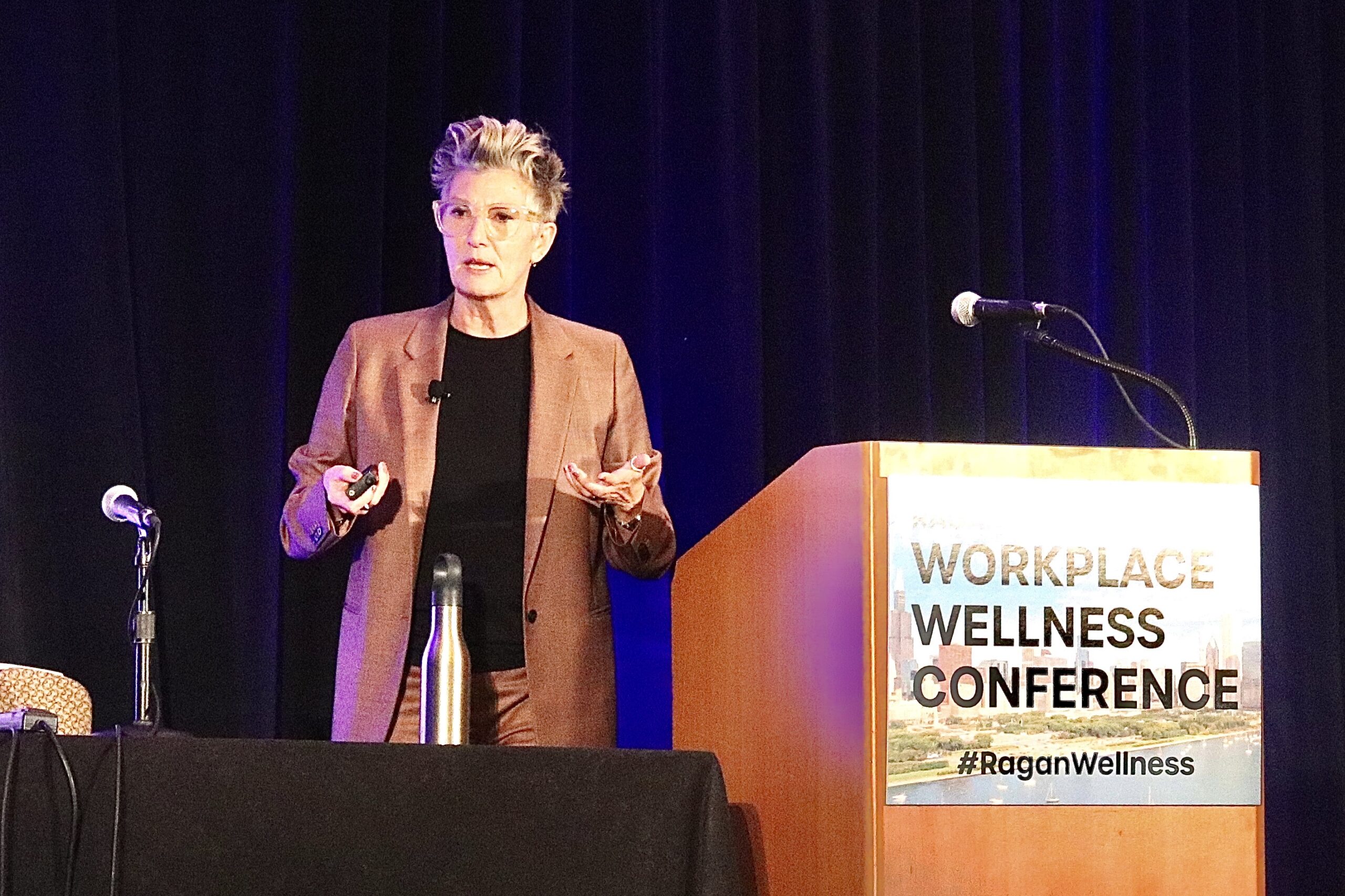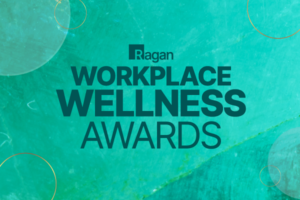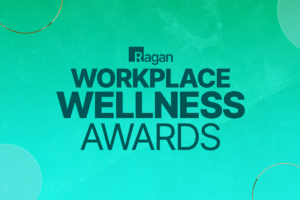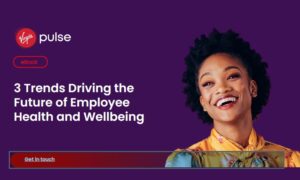How to de-mystify self-care at work
During her keynote at Ragan’s Workplace Wellness Conference, self-care expert Jeanette Bronée shared her philosophy for rethinking how we can take care of ourselves at work.

As the penultimate speaker at Ragan’s inaugural live Workplace Wellness Conference, keynoter Jeanette Bronée stated a simple but profound truth: Being human is not something to fix. “We are not a problem to solve here,” she said.
Bronée has made a career out of helping professionals harness their human advantage to take better care of themselves, at work and at home. And it starts with acknowledging how often we ask ourselves, “What do I need?” While we often ask others at work that question, we tend to not ask ourselves.
“But (what) if we could be more curious, if we could engage in a way that gives us back agency to take care of our own needs, and even know what we need so that we can harness our human advantage?” Bronée asked the audience. “What if that’s all self-care is?”
Rethinking how we describe spending time
Bronée also pointed out how, because we are constantly rushing, it can feel that we’re against time.
“We’re always talking about having time (and how we) don’t have time,” she said. “And we also take time to say thank you for taking time to be here. I don’t want to say that.”
Instead, she normally thanks people for their care and attention, or for sharing ideas.
“Because if we have this thing in our mind, and we’re taking time away, it’s no wonder we don’t self-care,” she continued. “The problem is when we try to think that we can have time by abandoning ourselves and our self-care, when really it’s the opposite way around. Self-care is how we spend time better.”
Practicing power pausing
Going deeper into how self-care can give you time back, Bronée recalled someone who told her they yelled at their kid and felt bad about it. The person acknowledged that if they’d only paused for a moment and channeled their stress, they wouldn’t have yelled in the first place. “It’s the small things where we gain time back,” Bronée said, asking the audience to imagine a company culture that didn’t squeeze every last second out of everything.
“You could pause for just a moment,” she said. “Exhale, ask, listen. And notice that (if we) could change that small moment, that gap in time, we can make a more discerning decision.”
Bronée calls this practice power pausing, “because that’s how we reclaim our power. It’s not about spending time, it’s about reclaiming my time, reclaiming agency over our time.”
Re-defining self-care
After explaining how a decision to rehydrate by drinking some water or take a bathroom break can be examples of self-care, Bronée said that self-care is ultimately about how we think better, how we engage better with ourselves and each other, and therefore how we make better decisions to show up to work differently. She then asked everyone in the audience what small things they could do to acknowledge their self-care and offered the maxim, “intention fuels attention.”
“The intention we have becomes how we listen,” said Bronée “And under survival mode, our intention is to get done to get through. We need a little time to just exhale and allow our nervous system to calm down.”







